A health insurance provider is a company that offers coverage to help pay for medical expenses, including doctor visits, hospital stays, prescriptions, and preventive care. Providers design different plans with varying premiums, deductibles, and networks to meet individual, family, and employer needs. In the U.S., they play a key role in making healthcare accessible, managing costs, and supporting members’ overall health and wellness.
Health insurance is no longer a luxury; it’s a necessity. With the ever-growing expenses of medical treatments, one hospitalization can burn a huge hole in your savings. Imagine being admitted for a minor surgery and ending up with bills in the thousands of dollars. Without proper insurance coverage, this could leave you financially drained. That’s why health insurance exists: it offers a safety net, ensuring you can access quality healthcare without worrying about how to pay for it.
Beyond just financial security, health insurance also gives peace of mind. Knowing you’re covered in emergencies helps reduce stress and lets you focus on recovery instead of expenses. A good provider doesn’t just cover basic hospitalization but also offers preventive care, regular checkups, mental health support, and even wellness programs. These added benefits highlight why choosing the best health insurance provider is one of the most important financial decisions you can make in your life.
The Rising Cost of Healthcare

Over the last decade, healthcare costs have risen at an alarming rate. From doctor consultations to advanced medical treatments, everything seems to have doubled or even tripled. For example, a simple blood test that once cost a few dollars can now run into hundreds, depending on where you live. A hospital stay for just three days can exceed the average monthly income of many households.
This trend makes health insurance not just optional but essential. The best providers understand this challenge and design plans that cover everything from diagnostic tests to surgeries and post-hospitalization care. Some even include coverage for alternative therapies like acupuncture or chiropractic treatments, acknowledging that healthcare today is diverse.
Furthermore, insurance providers often partner with hospitals to negotiate reduced rates for treatments. This means when you go to a network hospital, the bill you see is usually much lower than what you would have paid without insurance. In essence, health insurance protects you not just from unexpected bills but also from the inflation of healthcare costs that can otherwise cripple your financial stability.
Role of Insurance in Financial Protection
Think of health insurance as a financial safety belt. No matter how healthy you are, accidents or sudden illnesses don’t knock before arriving. Without coverage, even a minor medical procedure can deplete your savings. Many families end up dipping into emergency funds or even selling assets to cover medical costs.
A reliable insurance provider ensures this never happens to you. They handle bills directly with hospitals (cashless treatment) or reimburse your expenses quickly. The best providers go beyond the basics by offering add-ons like maternity coverage, dental care, or even international medical coverage for those who travel frequently.
Financial protection isn’t just about emergencies; it’s about long-term planning. A good health insurance policy acts like an investment, preparing you for the unknown. When selecting the best provider, you should ask: Does this company have my back when life throws me a curveball? The answer lies in understanding what makes one provider better than another.
Factors That Define the Best Health Insurance Provider

Coverage Options and Plans
The “best” health insurance provider isn’t a one-size-fits-all concept; it depends on your needs. Some people want basic hospitalization coverage, while others prefer comprehensive plans with maternity, dental, and vision care. The best providers cater to different groups: individuals, families, corporate employees, and senior citizens.
For example, young professionals may choose low-premium plans that focus on accidents and emergencies. Families, on the other hand, may need family floater plans covering multiple members under one policy. Seniors might look for providers who offer higher coverage amounts for age-related diseases like diabetes or heart conditions.
Good providers also offer customizable plans, letting you add riders like critical illness cover or daily hospital cash. This flexibility is what separates the average insurers from the best. A good provider ensures that no matter your life stage, there’s a plan designed to fit your needs without unnecessary costs.
Network Hospitals and Accessibility
When emergencies strike, the last thing you want is to worry about whether your hospital is “in-network.” The best providers offer extensive networks, often thousands of hospitals across the country. This ensures you can walk into a nearby hospital and get treatment without hassles.
Network hospitals also mean cashless claims, where the insurer directly settles bills with the hospital. Imagine having to arrange thousands of dollars overnight for surgery; that’s the nightmare a strong network prevents. Accessibility also includes digital platforms where you can find nearby hospitals, track claims, and even consult doctors online.
Some providers go further by offering wellness programs, telemedicine, and even partnerships with pharmacies for discounted medicines. Accessibility is more than just having hospitals on the list; it’s about making healthcare available at your fingertips. The best providers ensure you never feel stranded when you need medical help the most.
Claim Settlement Ratio
The true test of any health insurance provider is how easily and quickly they settle claims. The claim settlement ratio (CSR) indicates what percentage of claims an insurer has paid versus how many were filed. A higher CSR means the provider is more reliable and trustworthy.
For example, an insurer with a 95% claim settlement ratio has a strong reputation for honoring claims promptly. On the other hand, a provider with a 70% CSR may give customers a hard time during emergencies. The best health insurance providers not only have high CSRs but also transparent processes, minimal documentation requirements, and dedicated claim assistance teams.
Customer Support and Service Quality
Ever tried calling customer care and being put on hold for hours? That’s the last thing you want when your health is at stake. The best health insurance providers understand this and offer round-the-clock support. Whether it’s a late-night emergency or a query about coverage, top providers ensure someone is always available to help.
Some insurers even assign relationship managers or health advisors who guide you through the claims process, explain policies, and help you make informed decisions. Digital support like chatbots, mobile apps, and email responses also makes customer service more convenient.
Good service isn’t just about speed; it’s about empathy. The best providers treat customers like humans, not policy numbers. They understand the emotional stress of dealing with health issues and respond with compassion. Ultimately, excellent customer service can be the deciding factor between a decent insurer and the best one.
Premium Costs vs. Benefits
At the end of the day, everyone wants value for money. The cheapest plan isn’t always the best, nor is the most expensive. What matters is how much benefit you’re getting compared to the premium you’re paying.
For instance, a provider offering a wide range of coverage, high claim settlement, and excellent customer support at a reasonable premium clearly offers better value than one charging high rates for limited benefits. The best providers often allow you to customize premiums by choosing add-ons or adjusting deductibles.
Transparency in costs is equally important. Some insurers add hidden charges or increase premiums drastically after a claim. A trustworthy provider explains everything up front and maintains fair pricing.
Types of Health Insurance Plans

Individual Health Insurance
Individual health insurance is designed to cover a single person. It’s one of the most common plans and often the first step for young professionals looking to safeguard their health. The biggest benefit of an individual plan is that you get coverage exclusively for yourself, meaning the entire sum insured is dedicated to your medical needs. For instance, if you take a plan with $100,000 coverage, you don’t have to share it with anyone else.
These plans usually cover hospitalization, doctor consultations, lab tests, and surgeries. Some insurers even include wellness checkups, vaccinations, and mental health support in modern individual policies. The premiums are usually lower compared to family plans, which makes them attractive for single individuals or those who are just starting their careers.
One downside is that these plans don’t provide coverage for family members. If you’re married or planning to have kids, you might find yourself buying additional policies later. That’s why the best providers allow easy upgrades or conversion of an individual plan into a family floater as life circumstances change.
Flexibility, portability, and customization are key here. The top health insurance companies understand that individuals have unique needs. Some may want maternity coverage, while others might prefer critical illness add-ons. Choosing a provider that allows you to personalize your plan ensures you don’t overpay for unnecessary benefits.
Family Floater Plans
Family floater plans are popular among households because they cover multiple family members under one umbrella. Instead of buying separate policies for each person, you pay one premium, and the entire family shares the coverage amount. For example, if you buy a $300,000 plan, your spouse, children, and sometimes even parents can access it.
This type of plan is ideal for families because it’s cost-effective. The premium is much lower compared to buying individual policies for each member. However, the shared nature of coverage can also be a drawback. If one family member requires expensive treatment, the entire sum insured may get used up, leaving little or nothing for others.
The best providers balance this by offering higher coverage limits, top-up plans, and restoration benefits (where the coverage amount automatically resets after being used). Some even allow you to include extended family members, like in-laws, which can be a huge advantage.
Group/Corporate Insurance
Group health insurance, also known as corporate insurance, is usually provided by employers as part of employee benefits. It covers employees, and sometimes their dependents, under a single plan negotiated by the company with an insurer.
The biggest perk here is that employees don’t have to pay hefty premiums; sometimes it’s entirely free or heavily subsidized. These plans usually include comprehensive coverage, cashless treatments, and quick claim settlements. They also don’t require medical checkups before enrollment, which makes them accessible to everyone.
However, the downside is that group insurance is linked to your employment. If you switch jobs or lose your job, your coverage ends. That’s why many experts recommend using corporate insurance as a bonus, but also having a personal plan for long-term security.
The best providers for corporate insurance are those with wide hospital networks, efficient digital platforms, and strong claim settlement records. For employers, partnering with the right insurer not only benefits employees but also boosts satisfaction and retention rates.
Senior Citizen Health Plans
Healthcare needs increase as we age, and so do medical expenses. Senior citizen health insurance plans are designed specifically for people over 60. These plans usually offer higher coverage amounts, coverage for pre-existing diseases, and special benefits like annual health checkups.
Premiums are higher for these plans because the risk is greater. However, the best providers ensure affordability by offering flexible payment options, discounts for couples, and no-claim bonuses. Some also include coverage for home care treatments, which is essential for elderly patients who may prefer recovery at home instead of in hospitals.
Another factor to consider is claim settlement. Senior citizens can’t afford delays or complications during emergencies. The best providers ensure fast, hassle-free settlements with minimal paperwork. They also have dedicated helplines for senior members, ensuring compassionate support.
Choosing a senior citizen plan from a reputed insurer is crucial because health risks at this stage are inevitable. The right plan can save families from financial stress and give elderly members the dignity and care they deserve.
Critical Illness Insurance
Critical illness insurance is a specialized plan that provides a lump sum payout if you are diagnosed with life-threatening conditions like cancer, heart attack, kidney failure, or stroke. Unlike regular health insurance, this isn’t about reimbursing hospital bills; it’s about giving you financial support to cover treatment costs and other expenses.
For example, if you’re diagnosed with cancer, your treatment may require months or even years of care. Regular insurance may cover hospital bills, but what about lost income, long-term therapies, or rehabilitation? This is where critical illness insurance steps in. The payout can be used for anything from medical expenses to paying rent or even taking a break from work for recovery.
Top Health Insurance Providers in the Market
UnitedHealthcare

UnitedHealthcare is one of the largest health insurance providers in the U.S., serving millions of customers. Its strength lies in its massive network of hospitals and clinics, ensuring accessibility almost anywhere. UnitedHealthcare offers individual, family, employer, and Medicare plans, making it a versatile choice for all age groups.
What sets them apart is their emphasis on preventive care and digital tools. Their mobile app allows you to track claims, consult doctors virtually, and even access personalized health recommendations. The provider also has strong ratings for customer support, ensuring policyholders receive help whenever needed.
While their premiums may be on the higher side, the coverage they offer justifies the cost. UnitedHealthcare is particularly strong for families and individuals who want a broad range of services and aren’t willing to compromise on hospital networks or quality of care.
Blue Cross Blue Shield
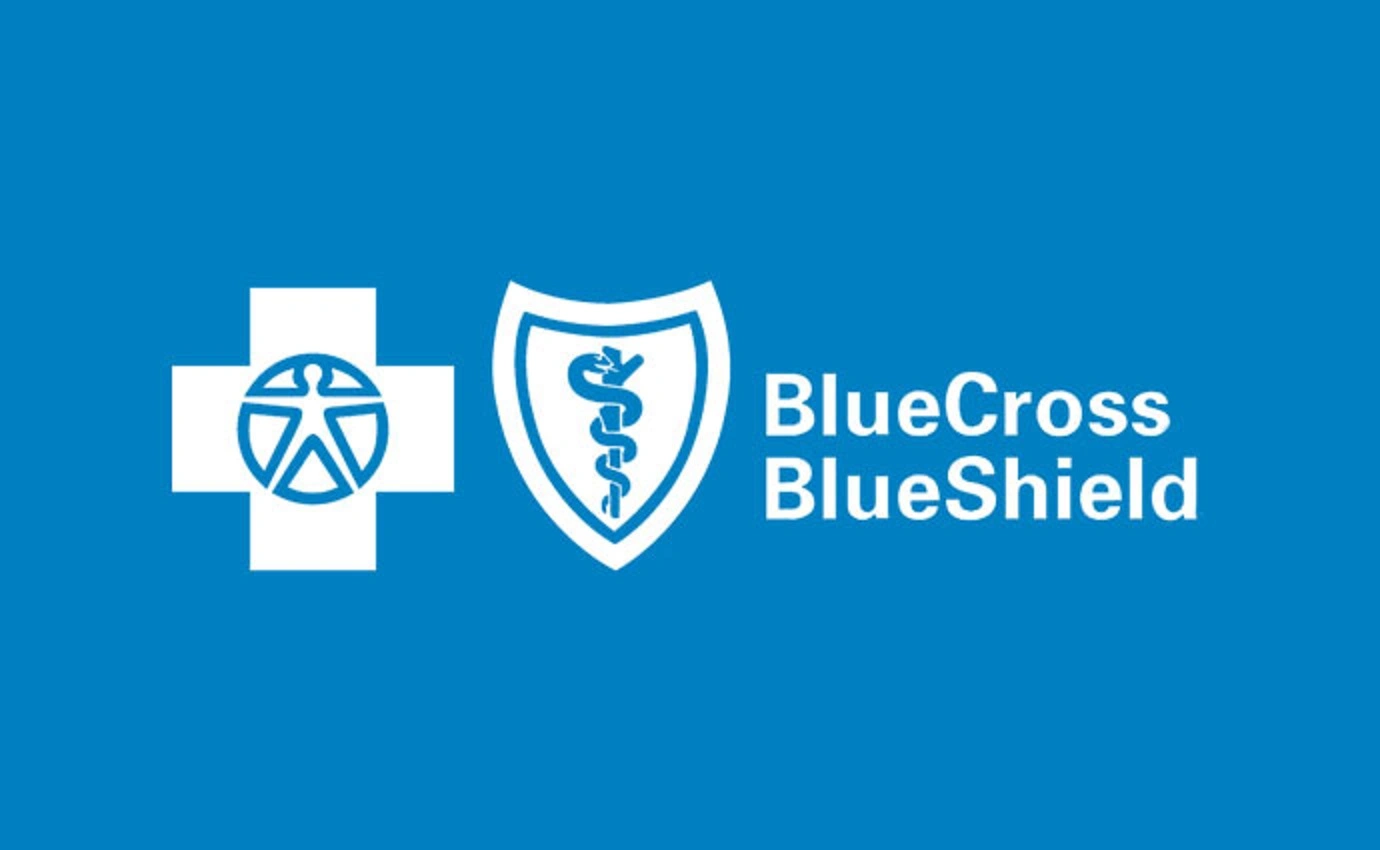
Blue Cross Blue Shield (BCBS) isn’t a single company but a federation of independent health insurers operating under one brand. This gives them nationwide reach and an incredibly wide provider network. Whether you’re in a big city or a small town, chances are high that a BCBS plan will cover you.
They offer everything from individual and family plans to Medicare and employer-sponsored insurance. One of their biggest strengths is their affordability. Many people find BCBS plans more budget-friendly compared to competitors, without compromising on coverage.
Customer reviews highlight their ease of claims, although some regions report better service than others due to their decentralized structure. Still, BCBS remains one of the most trusted names in the industry, known for reliability and accessibility.
Kaiser Permanente

Kaiser Permanente is unique among health insurance providers because it’s both an insurer and a healthcare provider. This means when you buy a Kaiser plan, you’re not just getting insurance, you’re also accessing a network of hospitals, doctors, and clinics owned by Kaiser itself. This integrated model ensures smooth coordination between your insurer and your healthcare providers.
One of Kaiser’s biggest strengths is preventive care. They emphasize wellness programs, regular screenings, and lifestyle support to keep members healthy before serious issues arise. Their mobile app and online portal are among the best in the industry, allowing members to book appointments, access test results, and even chat with doctors virtually.
Kaiser’s plans are particularly strong in regions where they operate their own hospitals, such as California, Oregon, and Washington. However, availability is limited in other states, which can be a drawback if you move often. Despite this, customer satisfaction ratings for Kaiser consistently top national surveys, making it one of the best health insurance providers for those living within its service areas.
Cigna

Cigna is an international health insurance giant, serving customers not only in the U.S. but across the globe. This makes them a preferred choice for expatriates, frequent travelers, and multinational companies. Their global reach ensures that policyholders can access quality care even outside their home country.
Cigna’s strength lies in its wide range of plans. They offer individual, family, Medicare, employer, and international health insurance. Their customer service is highly rated, with 24/7 helplines and multilingual support for international clients.
Cigna is also well-regarded for its mental health support, preventive care programs, and telehealth services. Many of their plans include coverage for counseling, wellness coaching, and chronic condition management benefits that many competitors overlook.
On the downside, Cigna’s premiums can be higher than average, especially for international plans. However, the comprehensive coverage and global network justify the cost for those who want reliable health protection wherever they are.
Aetna

Aetna, now owned by CVS Health, is one of the most recognizable names in the insurance sector. Known for affordability and flexibility, Aetna offers plans for individuals, families, and businesses, along with Medicare Advantage and supplemental insurance.
One of their standout features is the integration with CVS Health and MinuteClinics, which makes basic healthcare services extremely accessible. Policyholders can walk into a local CVS and get preventive services, checkups, and even prescriptions at discounted rates. This convenience is hard to beat.
Aetna also scores high for digital accessibility. Their app allows you to track claims, find doctors, and even compare the costs of different treatments. Customer reviews highlight quick claim settlements and easy access to care.
While Aetna may not always rank highest in nationwide satisfaction surveys, it remains one of the best choices for affordable, accessible, and comprehensive coverage, particularly for families and individuals who want convenience tied to everyday healthcare needs.
More Health Insurance Companies
Golden Rule Insurance Company

Golden Rule Insurance Company, a subsidiary of UnitedHealthcare, specializes in individual and family health insurance. It is well-known for short-term health plans, Medicare Supplement insurance, and other supplemental coverage.
Golden Rule has been serving policyholders for decades, offering flexible and affordable plan options. Its short-term medical plans help bridge coverage gaps, while its supplemental policies support people with unique healthcare needs. With a focus on affordability and accessibility, Golden Rule remains a trusted option for many Americans seeking coverage.
Companion Life Insurance Company

Companion Life Insurance Company provides a range of insurance solutions, including life, dental, vision, disability, and limited benefit medical plans. Headquartered in South Carolina, Companion Life partners with other insurers and third-party administrators to offer customizable employee benefits.
The company focuses on delivering value-driven, flexible products for businesses and individuals. Its group insurance options are popular among small and mid-sized employers. With strong financial stability, Companion Life ensures reliable service and coverage tailored to meet diverse customer needs.
Molina Healthcare Inc.

Molina Healthcare Inc. is a managed care company that focuses on Medicaid, Medicare, and Marketplace health insurance plans. Serving over five million members, Molina partners with state governments to provide affordable, quality healthcare for low-income individuals and families.
The company emphasizes preventive care, primary health services, and culturally responsive programs. Molina’s Marketplace plans are known for affordability and broad access. With a strong community presence, Molina Healthcare has become a trusted name for underserved populations across the U.S.
Ambetter Health

Ambetter Health, part of Centene Corporation, offers Marketplace health insurance plans across the United States. It is widely recognized for providing affordable coverage options under the Affordable Care Act.
Ambetter specializes in individual and family plans, focusing on preventive care, essential health benefits, telehealth services, and wellness programs. With tiered coverage levels, Bronze, Silver, and Gold, Ambetter makes it easier for people to choose plans that match their needs and budget. Its large provider network ensures broad accessibility to healthcare.
Humana

Humana is a major health and wellness company in the U.S., best known for Medicare Advantage plans. It also provides individual and group health insurance, dental, vision, and pharmacy coverage. Humana focuses on integrated care, preventive health, and innovative digital solutions to improve members’ well-being.
The company partners with providers nationwide to deliver coordinated healthcare. With strong Medicare offerings and supplemental insurance products, Humana serves millions of Americans, particularly seniors, and is recognized for its customer support and value.
Allstate Health Solutions

Allstate Health Solutions, part of the Allstate brand, provides health insurance solutions including short-term medical, fixed indemnity, accident, critical illness, and dental coverage. It caters to individuals, families, and small businesses seeking flexible and affordable healthcare options.
Known for its financial strength and brand reputation, Allstate Health Solutions focuses on supplemental plans that fill coverage gaps. Its products help customers manage unexpected medical costs, offering peace of mind and practical solutions. The company emphasizes convenience, reliability, and customer support.
The Guardian Life Insurance Company of America

Guardian Life Insurance Company of America offers a wide range of insurance products, including life, dental, vision, disability, and employee benefits. Founded in 1860, Guardian is one of the largest mutual life insurance companies in the U.S. It focuses on financial security, long-term stability, and personalized customer service.
Guardian also provides workplace benefits for employers and wellness solutions for employees. With its strong financial ratings, Guardian continues to be a trusted provider for individuals, families, and businesses nationwide.
AmeriHealth
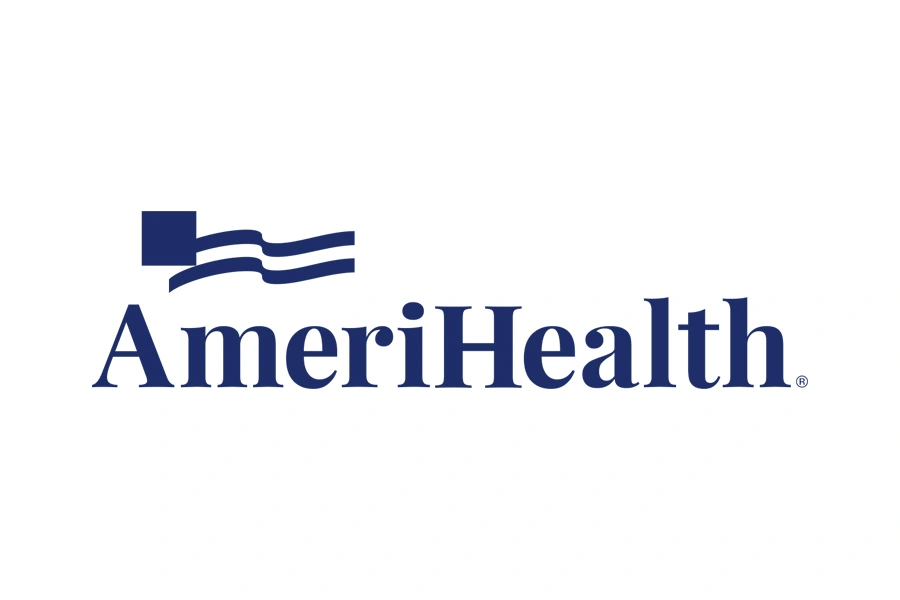
AmeriHealth provides health insurance plans focused on individuals, families, and employers in select U.S. states. It offers Marketplace plans, Medicare Advantage, Medicaid, and group coverage. AmeriHealth is known for affordable premiums, wellness programs, and access to broad provider networks.
Its goal is to make healthcare accessible while promoting preventive services and community health. The company partners with hospitals, doctors, and community organizations to deliver quality care. AmeriHealth’s strong regional presence makes it a trusted choice in local markets.
Imperial Insurance Companies, Inc.

Imperial Insurance Companies, Inc. specializes in providing health insurance plans under the Affordable Care Act Marketplace. It focuses on delivering affordable and accessible coverage for individuals and families. Imperial Insurance emphasizes preventive care, essential health services, and strong provider networks.
The company aims to serve communities with tailored solutions that meet healthcare needs while remaining budget-friendly. With a growing presence, Imperial Insurance is building a reputation for reliability and customer support in the competitive health insurance market.
MetLife

MetLife, one of the largest global insurers, provides life, dental, vision, disability, accident, and supplemental health insurance. In the U.S., it is widely recognized for workplace benefits and group insurance plans. MetLife partners with employers to deliver employee benefit solutions, including wellness programs and retirement planning.
With over 150 years of experience, MetLife has built a reputation for financial strength and customer trust. Its health-related products complement core insurance, making it a comprehensive provider for individuals and businesses.
Arkansas Blue Cross and Blue Shield

Arkansas Blue Cross and Blue Shield is the state’s largest health insurer, serving individuals, families, employers, and government programs. As part of the Blue Cross Blue Shield Association, it offers access to extensive provider networks both statewide and nationwide.
Arkansas BCBS provides individual Marketplace plans, Medicare Advantage, and employer coverage. With a mission to improve community health, it invests in local programs and preventive care. Its long-standing presence in Arkansas makes it a trusted choice for residents seeking reliable coverage.
CareSource

CareSource is a nonprofit health plan that provides Medicaid, Marketplace, and Medicare coverage. Serving millions of members across several states, CareSource focuses on affordable and accessible healthcare for low-income families and individuals.
It partners with government programs to expand coverage while emphasizing preventive care, behavioral health, and community health programs. CareSource is also known for its innovative programs addressing social determinants of health, such as housing and employment support. Its nonprofit model ensures focus on members over profit.
Dentegra Insurance Company
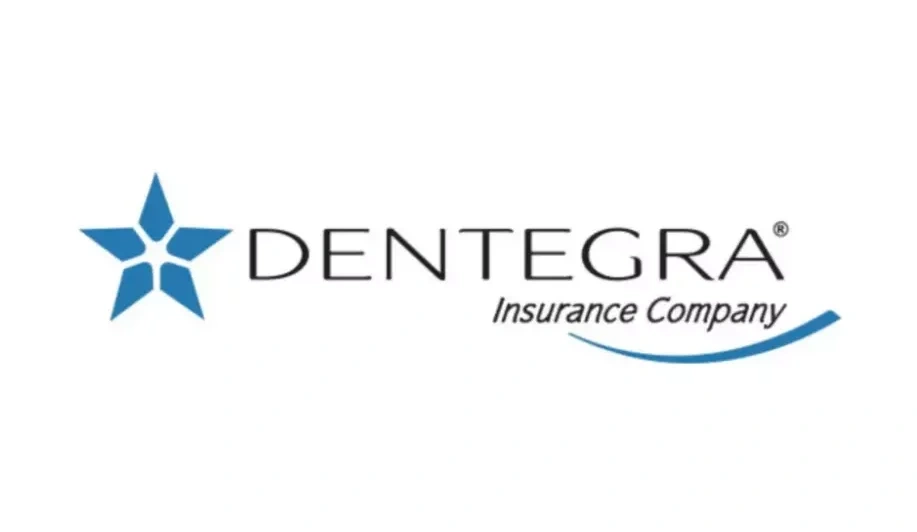
Dentegra Insurance Company specializes in dental insurance, offering individual, family, and employer plans. It provides affordable coverage for preventive, basic, and major dental services. Dentegra emphasizes flexibility, nationwide access to dentists, and simple plan options.
The company partners with Delta Dental to expand its network, giving members more choices for care. Dentegra’s focus is on affordability, convenience, and customer satisfaction, making it a strong option for people seeking reliable dental insurance that fits both individual and group needs.
Manhattan Life Insurance Company
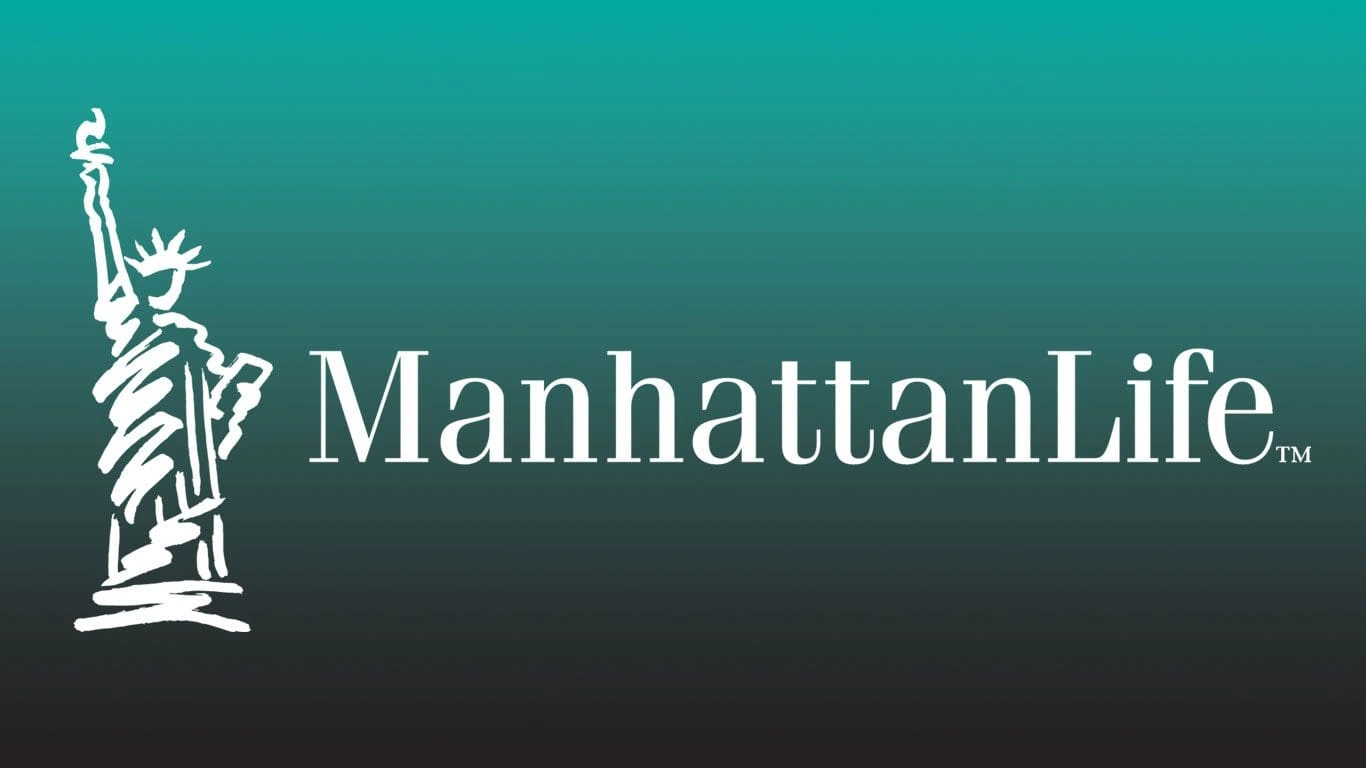
Manhattan Life Insurance Company, established in 1850, offers life, supplemental health, accident, cancer, critical illness, and Medicare Supplement plans. Known for stability and financial strength, it provides coverage to individuals and families across the United States.
Manhattan Life focuses on affordable solutions that help policyholders manage unexpected medical costs. Its supplemental products complement traditional health insurance, offering financial protection and peace of mind. With a history of more than 170 years, Manhattan Life remains a trusted insurance provider.
Mutual of Omaha Insurance Company

Mutual of Omaha Insurance Company is a Fortune 500 mutual insurer offering life, health, dental, Medicare Supplement, long-term care, and disability insurance. Known for financial strength and customer service, it has been serving Americans for over a century.
Mutual of Omaha is especially popular for Medicare-related products and supplemental health coverage. It also provides retirement planning and financial services. The company focuses on protecting individuals and families with affordable, dependable solutions that support long-term financial security and healthcare needs.
Anthem
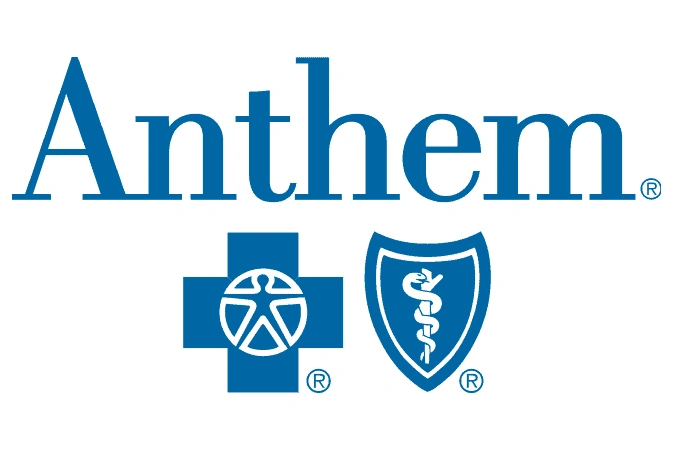
Anthem, now known as Elevance Health, is one of the largest health insurance companies in the U.S. It operates Blue Cross and Blue Shield plans in several states, offering individual, family, Medicare, Medicaid, and employer-sponsored coverage. Anthem emphasizes innovation, preventive care, and value-based healthcare.
Its extensive provider networks ensure broad accessibility to medical services nationwide. Anthem’s focus on affordability, technology, and coordinated care makes it a major player in the American health insurance market, serving millions of members across the country.
Comparing Leading Health Insurance Providers

Coverage and Benefits
When comparing health insurance providers, coverage is the first thing most people look at. UnitedHealthcare, for example, offers comprehensive coverage, including wellness programs and digital health support. Blue Cross Blue Shield provides affordability with broad nationwide access. Kaiser Permanente integrates insurance with care delivery, ensuring seamless treatment. Cigna shines in international coverage and mental health benefits, while Aetna combines affordability with CVS Health access.
Affordability
Premiums vary widely depending on the provider and type of plan. Aetna and Blue Cross Blue Shield are generally considered more budget-friendly, while UnitedHealthcare and Cigna often charge higher premiums in exchange for broader services. Kaiser falls somewhere in between, with strong value for those in their service areas.
Claim Process Efficiency
Claim settlement is where insurers prove their worth. UnitedHealthcare and Kaiser are known for efficient, digital-first claims. Aetna also has quick processing thanks to CVS’s integrated systems. Cigna, with its global operations, excels in international claims. Blue Cross Blue Shield’s performance can vary by region, but it remains solid overall.
Customer Satisfaction and Reviews
Kaiser Permanente consistently ranks highest in customer satisfaction, thanks to its integrated model and strong service quality. UnitedHealthcare and Cigna also receive good ratings, particularly for customer service and preventive care options. Aetna scores well for affordability and accessibility, while Blue Cross Blue Shield remains popular for its widespread availability.
Accessibility of Hospitals and Clinics
Accessibility is another deciding factor. UnitedHealthcare and Blue Cross Blue Shield dominate with nationwide networks. Kaiser, while limited geographically, excels in areas where it operates. Cigna offers global access, making it the best choice for international travelers. Aetna leverages CVS Health and MinuteClinics to give members convenient access to everyday healthcare.
Conclusion
Health Insurance Providers, so, who is the best health insurance provider? The answer depends on your unique needs. For nationwide access and comprehensive plans, UnitedHealthcare is a top choice. For affordability and accessibility, Blue Cross Blue Shield delivers value. If you want integrated care and top-rated service, Kaiser Permanente is unbeatable. For international coverage and mental health support, Cigna shines. And if you’re looking for affordability with everyday healthcare convenience, Aetna is a great pick.
Health Insurance Providers, The “best” provider is the one that balances your budget, healthcare needs, and lifestyle. Before deciding, always compare plans, check hospital networks, and read customer reviews. Remember, health insurance isn’t just about protection; it’s about peace of mind and long-term financial security.
FAQ
Which health insurance provider has the largest hospital network?
Health Insurance Providers, UnitedHealthcare and Blue Cross Blue Shield are known for their extensive nationwide networks, covering thousands of hospitals and clinics across the U.S.
Is Kaiser Permanente available everywhere?
Health Insurance Providers, No, Kaiser is limited to certain states like California, Oregon, and Washington. However, in regions where they operate, their integrated care model makes them one of the best providers.
Which provider is best for international travelers?
Health Insurance Providers, Cigna is the best choice for frequent travelers and expatriates due to its global network and international health coverage options.
Are cheaper health insurance plans worth it?
Health Insurance Providers, not always. A low-premium plan may exclude important benefits or have high deductibles. The best plan is one that balances affordability with comprehensive coverage.
How do I choose the right provider for my family?
Health Insurance Providers, consider factors like hospital accessibility, family floater options, maternity benefits, and claim settlement ratios. Providers like Blue Cross Blue Shield and Aetna often provide strong family-friendly plans.






